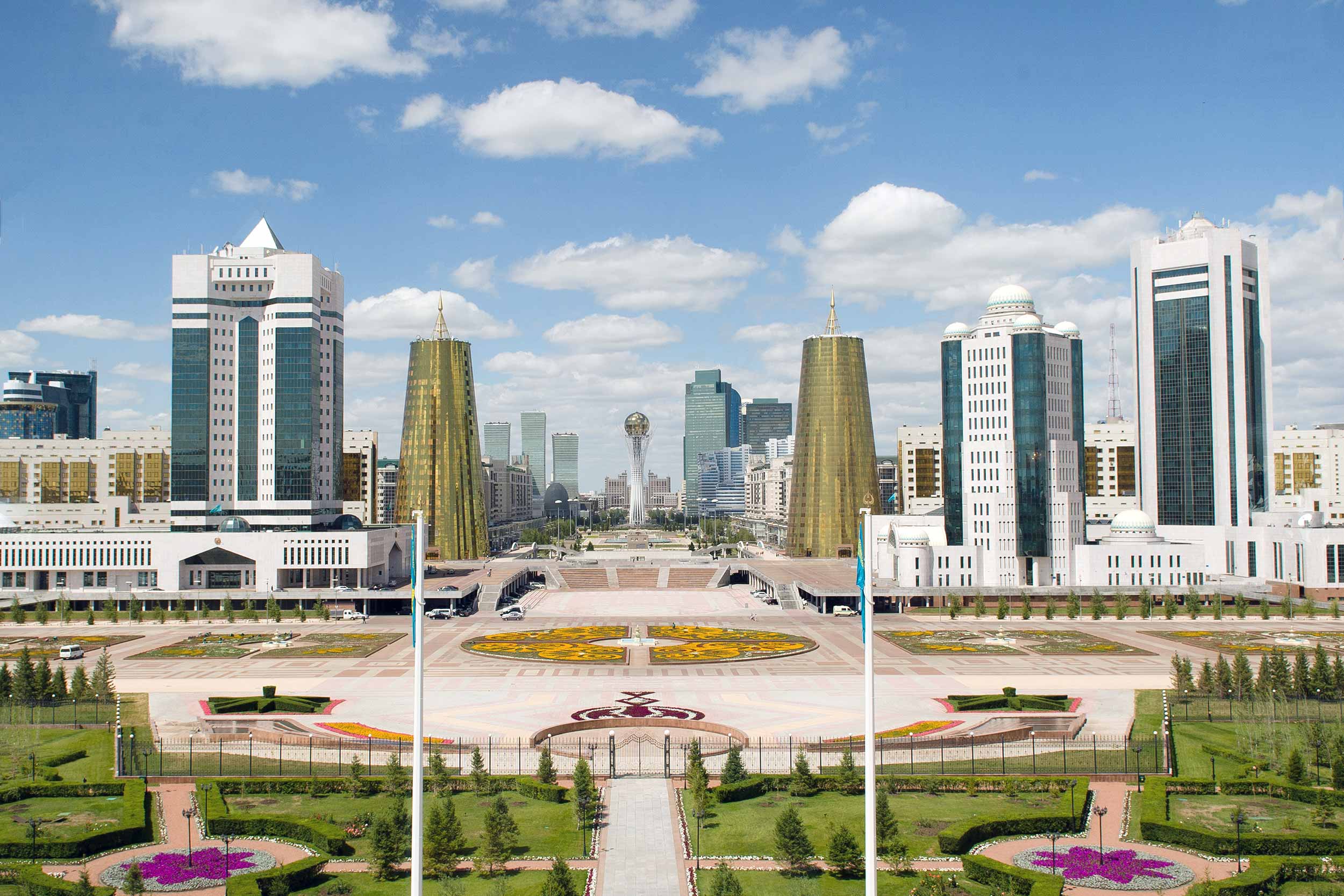Kazak Villages Struggle with Poverty
In Nur-Sultan, glitzy shopping malls and swanky hotels mirror Kazakstan's vast natural resources. In the outskirts, villages with no running water and basic services tell a different story of poverty and inequality.
Nur-Sultan, formerly known as Astana, became Kazakstan’s capital in 1997. Investments worth billions of dollars have changed it beyond recognition, transforming it into a modern developing city of over a million people.

Since then, new settlements, both legal and illegal, have mushroomed in its outskirts to house people coming from the countryside in search of work, but many have remained largely neglected. The country’s deep inequality is at the core of the protests that swept the country in early January. It was the most serious unrest the oil-rich Central Asian nation of 19 million faced in decades.
This publication was prepared under the "Amplify, Verify, Engage (AVE) Project" implemented with the financial support of the Ministry of Foreign Affairs, Norway.
